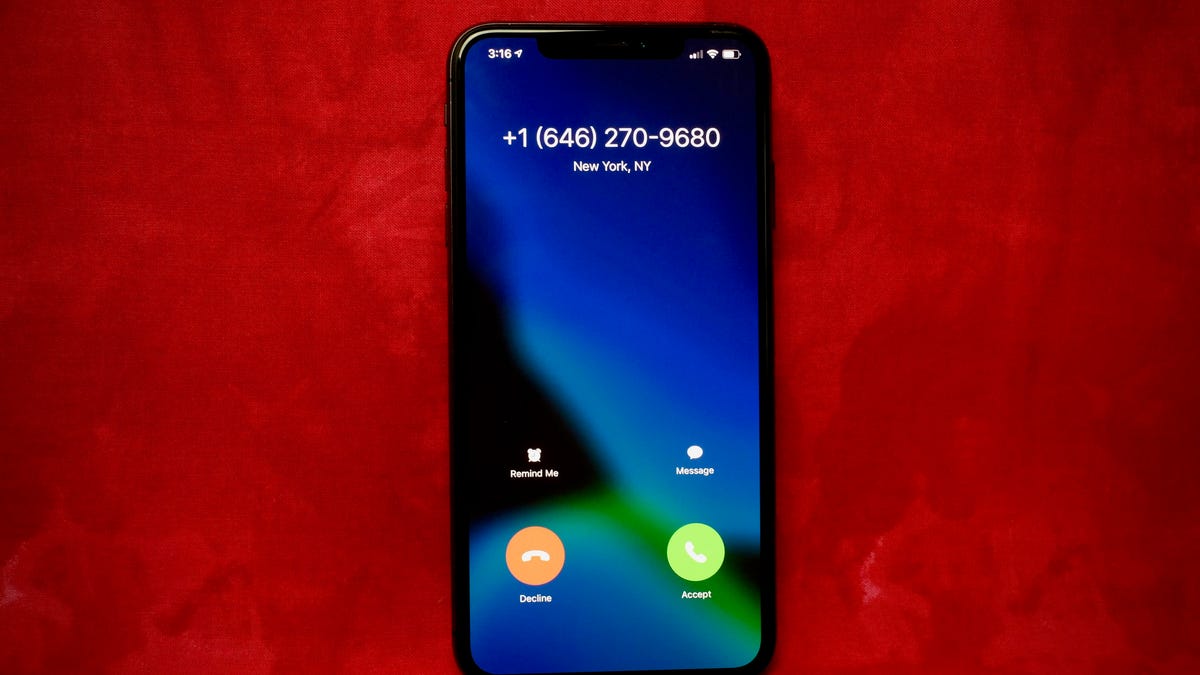Trump signs Traced Act into law in bid to help put an end to robocalls
Another small victory in the long fight to end robocalls.

Robocalls are super annoying.
The fight against annoying robocalls just got another boost. This week President Trump signed the Traced Act into law, giving government agencies and law enforcement officials more weapons to go after individuals and companies who break telephone consumer-protection laws.
The bi-partisan legislation was previously approved by the House and Senate, respectively, earlier this month before arriving on the president's desk. Crafted by Sens. John Thune, a Republican from South Dakota, and Ed Markey, a Democrat from Massachusetts, among the act's features are an increase in penalties for those scammers who knowingly initiate illegal robocalls and the requirement that phone companies authenticate calls to determine if the number calling you is real.
As part of a Federal Communications Commission push, major wireless carriers and home phone providers have been implementing a verification process known as STIR/SHAKEN throughout 2019 to authenticate calls and fight spammers.
In addition to raising penalties and pushing for authentication, the bill also gives regulators like the FCC and the Federal Trade Commission four years to go after scammers, as opposed to the one-year statute of limitations that was previously in place.
"I applaud Congress for working in a bipartisan manner to combat illegal robocalls and malicious caller ID spoofing. And I thank the President and Congress for the additional tools and flexibility that this law affords us," FCC Chairman Ajit Pai said in a statement.
"Specifically, I am glad that the agency now has a longer statute of limitations during which we can pursue scammers and I welcome the removal of a previously-required warning we had to give to unlawful robocallers before imposing tough penalties."
Those agencies will also now have the ability to penalize bad actors more aggressively and push the US Department of Justice to get involved in going after illegal robocallers. More than 54 billion robocalls have been made in the US so far this year, according to YouMail, which the site says equates to roughly 164 calls "per person affected."
"This historic legislation will provide American consumers with even greater protection against annoying unsolicited robocalls," White House press secretary Stephanie Grisham said in a statement.
"American families deserve control over their communications, and this legislation will update our laws and regulations to stiffen penalties, increase transparency, and enhance government collaboration to stop unwanted solicitation. President Donald J. Trump is proud to have worked with Congress to get this bipartisan legislation to his desk, and even prouder to sign it into law today."
CNET's Marguerite Reardon contributed to this report.

